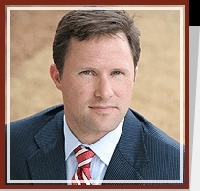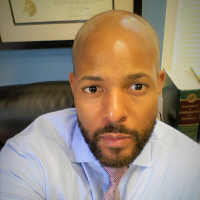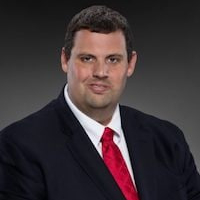Plainville Felony Lawyer, Georgia
Sponsored Law Firm
-
 x
x

Click For More Info:
-
The McReynolds Law Firm, PC
3799 Main Street #87012 College Park, GA 30337» view mapCriminal Defense Defending Your Rights
Let The McReynolds Law Firm, PC handle all your criminal defense needs.
800-919-4121
Thomas Ford
✓ VERIFIEDCriminal, DUI-DWI, Felony, RICO Act, White Collar Crime
Expect Results. Not Excuses
Quinn Johnson
✓ VERIFIEDCriminal, Felony, Misdemeanor, Traffic, Juvenile Law
Quinn Johnson is the principle of The QUINN JOHNSON LAW FIRM, P.C. Our firm has earned a reputation of getting results on behalf of our clients thr... (more)
Cory Yager
Criminal, DUI-DWI, Misdemeanor, Felony, Juvenile Law
Cory Yager is a lawyer in Atlanta who focuses on Juvenile Crimes cases. He has tried cases involving expungement, traffic violations, solicitation, DU... (more)
FREE CONSULTATION
CONTACTFREE CONSULTATION
CONTACTSteven Randall Burkhalter
Traffic, Lawsuit, Child Custody, Felony
Status: In Good Standing Licensed: 13 Years
Robert Douglas Jenkins
Entertainment, Family Law, Felony, Bankruptcy, Accident & Injury
Status: In Good Standing
 Jule McReynolds College Park, GA
Jule McReynolds College Park, GA AboutThe McReynolds Law Firm, PC
AboutThe McReynolds Law Firm, PC




